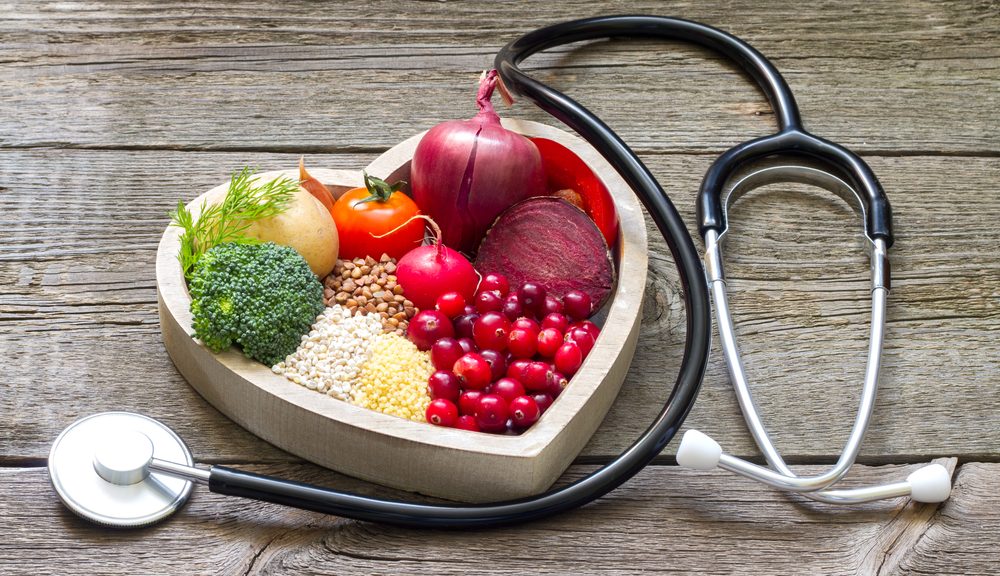
Cut your Cholesterol
High cholesterol increases your risk of both heart disease and heart attacks. Cholesterol acts as a fat-like substance, and when there is a high level in your blood, it builds up in the walls of your arteries. Over time, this build up causes ‘hardening of the arteries’ so that arteries become narrowed and blood flow to the heart is slowed or blocked.
Dr D Mantle, medical adviser for Pharma Nord, explains: “Cholesterol is a complex substance synthesised in the liver and transported around the body in the blood. At normal levels, cholesterol is essential for normal body functioning. However, too high a level of cholesterol in the blood, particularly a form known as LDL-cholesterol, has been implicated as a risk factor for cardiovascular disease.”
Adopting a healthy lifestyle, including eating a healthy diet and exercising regularly, can help lower the level of cholesterol in your blood- as well as prevent your cholesterol levels becoming high in the first place.

Get Moving
“Exercising at least three times a week for 30 minutes lowers cholesterol,” explains Gini Bailey from Higher Nature. “Aim to raise your heart rate and be active enough to break out in a sweat and find it difficult to talk while moving! If you are only just starting to increase exercise or are overweight, take it slowly. Gradually build up to the goal of three or more times a week.”
Super Supplements
There are a number of supplements that are successful at helping to reduce cholesterol levels, so we’ve spoken to the experts to get their advice on which ones to take:
Plant sterols: “We recommend a daily intake of at least 0.8g of plant sterols, as this has been demonstrated to contribute to the maintenance of normal blood cholesterol levels,” advises Andy Wren, managing director of Nutrigold.
“A daily intake of 2g of phytosterols (also known as plant sterols) has been show to reduce total cholesterol and LDL cholesterol- without affecting HDL cholesterol or triglycerides,” adds Nathan Dent from Power Health.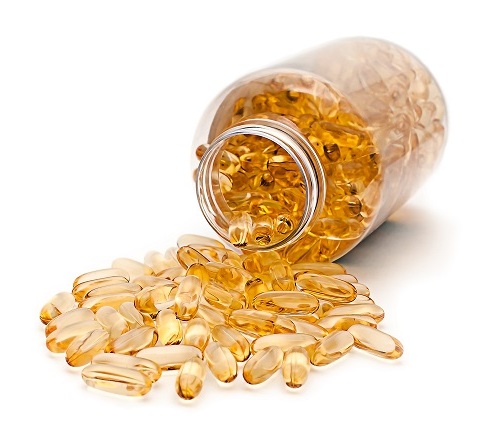
Omega-3: “Omega-3 fish oil contains pre-cursors to natural anti-inflammatory molecules, at a dose of 3000mg a
day, they may reduce inflammation in the body and help prevent cholesterol getting damaged,” explains Bailey.
Mantle recommends a particular type of omega-3 called Alpha-linolenic acid (ALA), which is found in plants: “ALA has a European Food Safety Authority approved health maintenance claim for the maintenance of normal blood (LDL) levels. Products must supply a minimum of 450mg ALA per day to comply with this claim.”
CoQ10: “Co-enzyme Q10 is a vitamin-like substance that plays a key role in the biochemical process supplying all cells with energy, and an adequate supply of CoQ10 is particularly important for the normal functioning of tissues with a high energy requirement such as the heart.
“In addition to its role in energy product, CoQ10 has been shown to have a number of other important functions, one of which is reducing the body’s production of LDL cholesterol,” comments Mantle.
Bailey adds: “CoQ10 is a potent antioxidant and has been shown to support healthy cholesterol levels. Supplements of CoQ10 may prevent depletion by cholesterol lowering drugs- take the equivalent of 100mg a day.”
Red yeast rice: “Red yeast rice inhibits the formation of cholesterol by stopping a key enzyme in the liver which is 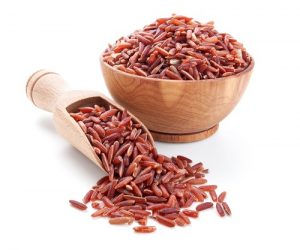 responsible for making cholesterol,” states Bailey.
responsible for making cholesterol,” states Bailey.
Mantle explains in more detail: “Modern research has shown red yeast rice to be a source of monocolins which inhibit the body’s production of cholesterol. The European Food Safety Authority has recently approved a health maintenance claim for monacolin K, derived from red yeast rice, for the maintenance of normal cholesterol (LDL) blood levels.
“It should be noted that this approval is specifically for monocolin K, and not for red yeast rice as a whole. To be able to make this claim, any product must provide a daily intake of 10mg monocolin K.”
Garlic: “Garlic has many benefits for the cardiovascular system and one of its compounds, allicin, is thought to be responsible for the positive effect it has on cholesterol levels. High levels of allicin are known to reduce total and LDL cholesterol levels,” said Bailey.
Chlorella: “Chlorella, a single-cell algae, is known for its cleansing benefits. Research has shown a daily dose of 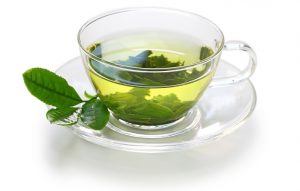 chlorella reduces total cholesterol and raises the favourable HDL cholesterol. Its benefits are thought to be down to its ability to inhibit the absorption of fat in the gut,” explains Bailey.
chlorella reduces total cholesterol and raises the favourable HDL cholesterol. Its benefits are thought to be down to its ability to inhibit the absorption of fat in the gut,” explains Bailey.
Green tea: “Green tea is a rich antioxidant drink and has high levels of catechins. Studies have shown that 150-2500mg of catechins a day may aid in combatting cholesterol levels,” suggests Bailey.
Nutrition
Sanjeet Sohal from Quest Vitamins recommends increasing your consumption of these six super foods to help lower cholesterol naturally:
Soya Foods: Being naturally low in saturated fat, soya foods help lower cholesterol. The special proteins in soya also appear to influence how the body regulates cholesterol too. Studies show you can lower your cholesterol by around 6% by including as little as 15g soya protein per day.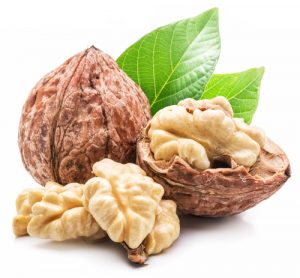
Nuts: All nuts are rich in vegetable protein, fibre, heart healthy unsaturated fats, vitamin E, magnesium, potassium, natural plant sterols and a host of beneficial plant nutrients. 30-35g a day of nuts (a handful) has the potential to lower cholesterol by an average of 5%.
Oats and Barley: Both oats and barley are rich in a form of soluble fibre called beta glucan. Once eaten beta glucan forms a gel which helps bind cholesterol in the intestines and prevent it from being absorbed. It is recommended that we eat about 3g of beta glucan per day.
Foods fortified with plant sterols and stanols: Plant sterols/stanols are naturally found in a wide range of foods such as vegetable oils, nuts, seeds, whole grains, fruits and vegetables. However, for most people, it is not possible to achieve the optimum intake from ordinary foods. An intake of 1.5-2.4g plant sterols/stanols everyday has been shown to reduce cholesterol by 7-10% over 2-3 weeks.
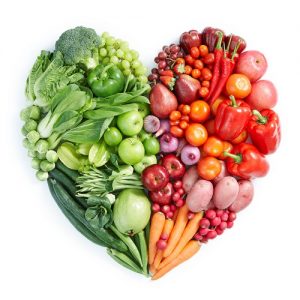 Fruits and vegetables: All fruits and vegetables are low in saturated fat so eating more helps to keep saturated fat intake low, they are also a valuable source of cholesterol lowering soluble fibres. Try to include at least one pulse (beans, peas, lentils) every day. Other rich sources of soluble fibre include sweet potato, aubergine, okra (ladies finger), broccoli, apples, strawberry and prunes.
Fruits and vegetables: All fruits and vegetables are low in saturated fat so eating more helps to keep saturated fat intake low, they are also a valuable source of cholesterol lowering soluble fibres. Try to include at least one pulse (beans, peas, lentils) every day. Other rich sources of soluble fibre include sweet potato, aubergine, okra (ladies finger), broccoli, apples, strawberry and prunes.
Foods rich in unsaturated fats: Keeping our daily saturated fat intake below 20g (women) and 30g (men) is vital for cholesterol lowering, but it is equally important to replace this saturated fat with modest amounts of unsaturated fats such as those found in olive, sunflower, corn, rapeseed and other vegetable, nut and seed oils. Other foods rich in unsaturated fats include vegetable spreads, avocado, oily fish and nuts. Avoid coconut and palm oil as, unlike other these vegetable oils, they are rich in saturated fats.